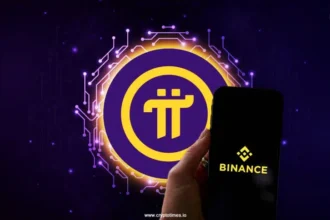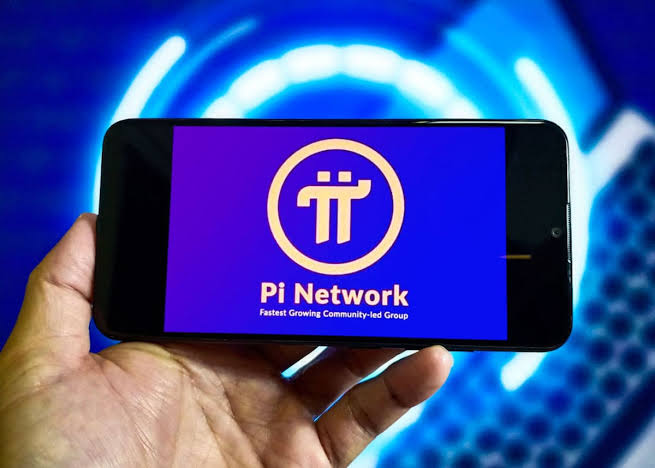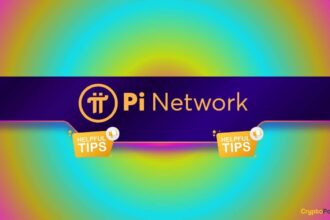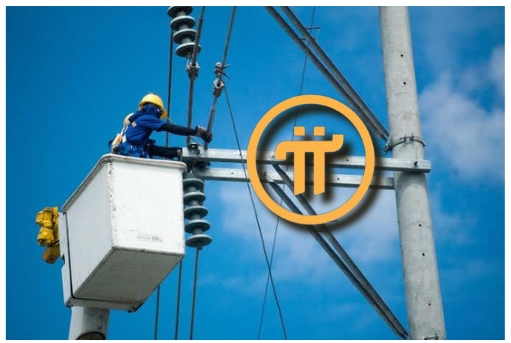Professor Yemi Osibanjo a former Attorney General and Commissioner of Justice, Lagos State during the reign of Asiwaju Ahmed Bola Tinubu (the Jagaban) as Governor made headlines in the late 2014 when his principal (Bola Tinubu) presented him to run with Buhari since himself (Tinubu) was rejected on the grounds of the Muslim–Muslim ticket factor.
President Muhammadu Buhari won the election in 2015 on the platform of the All Progressives Congress (APC) and Osibanjo was sworn in on May 29th, 2015 as the Vice President of Nigeria.
With the President’s determination to steer the recessive economy to the recovery path, the Federal Economic Council (FEC) was constituted with Mr. Vice President as Chairman. Professor Yemi Osibanjo immediately swing into action by designing the Economic Recovery Plan (ERP) with the aim to deploying the right strategy that could help the country recover from economic recession.
The numerous programmes that counts
Under the Vice President’s watch as the Chairman of the Economic Council, numerous intervention programmes rolled out to assist vulnerable Nigerians live a meaningful life. Some of those programmes includes;
1. Anchor Borrowers Programme: The Professor Yemi Osibanjo’s lead Federal Economic Council (FEC) deliberated and proposed the Anchor Borrowers Programme (ABP) which was approved and launched by the President, His Excellency Muhammadu Buhari in November 2015. The initiative was aimed at boosting agricultural production, control Nigeria’s trade on food and also improve foreign exchange. The Programme also targeted solely smallholder farmers cultivating cash crops of various kinds.
The result obtained?
On the 18th of January 2022 precisely, the president gave a precise figure of 4.8 million smallholder farmers as Beneficiaries of the Programme in the past eight years of his administration.
2. AGSMEIS Loan: The AGSMEIS (Agri-business/Small and Medium Enterprises Investment Scheme) is also an initiative of the Federal Government to assist as enhancer for the sustainable Economic development that can be able to create jobs.
How it works
Interested person will first be trained in various business areas afterwich they can apply for the loan through the assistance of an EDI (Entrepreneurship Development Institute). The loan is then reviewed and if approved the loan applicant receives fund.
3. GEEP Programme: In 2016 the Yemi Osibanjo lead Economic Council unveiled the Government Enterprise and Empowerment Programme (GEEP) to assist or support traders and SMEs access collateral-free loans that could be used to expand their businesses. The Programme birthed other small (cluster) programmes which are:
(I). Market Moni: This is collateral-free loan meant SMEs through market cooperatives. Each SME got N50,000.
(II). Trader Moni: Just like the Market Moni, Trader Moni was also designed under the GEEP programme to assist trader with collateral-free loan. Each approved trader got N10,000.
(III). Farmer Moni: Smallholder farmers also benefitted from the Vice President’s GEEP programme where farmers were given collateral-free loans of N300,000.
4. MSME Survival Fund: In 2020 the Economic Council designed a Sustainability Plan (a template or guideline) to help Nigeria recover from COVID-19 and it’s negative impact on the Economic Council rolled out the MSME Survival Fund to support Micro , Small and Medium Enterprises mitigate the impact of COVID-19. Under this platform the steering Committee reports that at least 835,161 beneficiaries has been recorded and out of this figure 459,334 were paid between N30,000 to N50,000 under the payroll support scheme 82,491 beneficiaries were recorded under the MSME general grant.
5. AFJP: The Council also launched the Agriculture for Food and Jobs Plan (AFJP) to be implemented by the Federal Ministry of Agriculture and Rural Development. Smallholder farmers were captured with their farms and the enumerators collected soil samples collected from each farm to check which fertilizer formulation may work best on such soil type.
Beneficiaries recorded under this Programme is 4.8 million farmers across the country.
6. Targeted Credit Facility (TCF): This is an intervention Programme of the Federal Government through the Central Bank of Nigeria to also support households and Small and Medium Enterprises SMEs to continue to strive through the turbulence of the Corona Virus on the global economy at large.
7. Npower: In a bid to reduce unemployment rate, the Osibanjo’s lead Federal Economic Council (FEC) through the Federal Ministry of Humanitarian Affairs, Disaster Management and Social Development launched the Npower programme in 2017. The Programme (still ongoing) in its first phase gave jobs to over 300,000 graduates. The second batch (batch B) of the programme recorded over 350,000 beneficiaries and the present batch C with various streams is estimated to have at least one million beneficiaries across Nigeria.
The exited batches of A and B also being trained in various entrepreneurship skills where successful trainees will be given the NEXIT AGSMEIS loans of N3m each.
8. Conditional Cash Transfer: The Osibanjo’s lead Council also launched the Conditional Cash Transfer where vulnerable Nigerians are being paid a monthly stipends of N5,000 each. The Programme being implemented through the Federal Ministry of Humanitarian Affairs, Disaster Management and Social Development in 2020, the programme benefitted 784,176 people according to a report by the Ministry headed by Hon. Sadiya Umar Farouq. Presently, beneficiaries are spread across all the 36 States of the Federal and the FCT.
9. Rapid Response Register for COVID-19: One of the giant projects embarked upon by the President Muhammadu Buhari’s administration is to lift 100 million Nigerians out of extreme poverty. As regards to this aim, the office of the Vice President and the world Bank through the National Cash Transfer Office launched the RRR COVID-19 stimulus programme in January 2021. With the negative economic effects of COVID-19 pandemic, the Vice President Yemi Osibanjo launched the RRR for COVID-19 Cash Transfer. According to the Vice President, following the need to quickly lessen the dangers of COVID-19 contaminations, Nigeria’s urban poor were identified as weak populace with the possible high risks of openess to the infection as a result of their stuffed everyday environment with poor hygiene and sanitation.
The Beneficiaries of this programme are the urban poor whose account balances on average is less than N5,000 and are paid N30,000 twice a year (N5,000 monthly for six months).
10. NG CARES: In Nigeria, the COVID-19 pandemic prompted the closure of many businesses which lead to loss of jobs, stalled provision of basic services in rural communities and also the increasing number of Nigerians living below the destitution line. As a reaction to the situation and in accordance with the vision of the federal government to lift 100 million Nigerians out of extreme poverty, the Federal Government and the 36 States and the FCT looked and sort help from the world bank to the tune of $750 million shared among the states and the FCT carryout a reaction programme named the Nigerian COVID-19 Action Recovery and Economic Stimulus (NG CARES). Each State is to benefit $20 million, the FCT benefitting $15 million and the Federal CARES support unit obtained $15 million respectively. The Programme is presently collecting applications via an online portal.












